World Vision Mozambique hands over new community infrastructure in Maganja da Costa, with a focus ...
Cabo Delgado: Stability is “key” to rebuild Bilibiza Institute
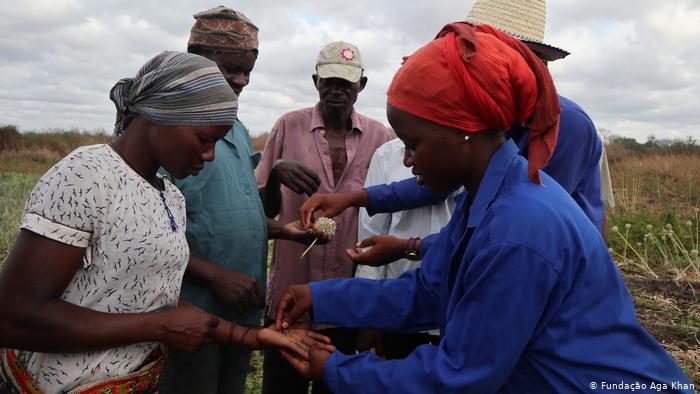
File photo: DW
The Aga Khan Foundation does not yet know how much will it cost to rebuild the Instituto Agrário de Bilibiza, the school in Cabo Delgado, northern Mozambique, which was destroyed during an armed attack.
The institution financed the initial project at a cost of US$10 million (about €8.9 million), and the reconstruction of the only technical secondary school in Cabo Delgado now depends on the normalisation of the military situation in the province, Comendador Nazim Ahmad, the Aga Khan Development Network representative in Portugal and Mozambique, says.
Stability in Cabo Delgado is key for the reconstruction and resumption of the activities of the Instituto Agrário de Bilibiza, he says.
“We are waiting for the process to be completely calm and, in fact, for there to be no instability whatsoever, because otherwise we have no chance of sending students there,” underlines Mozambique-born Ahmad.
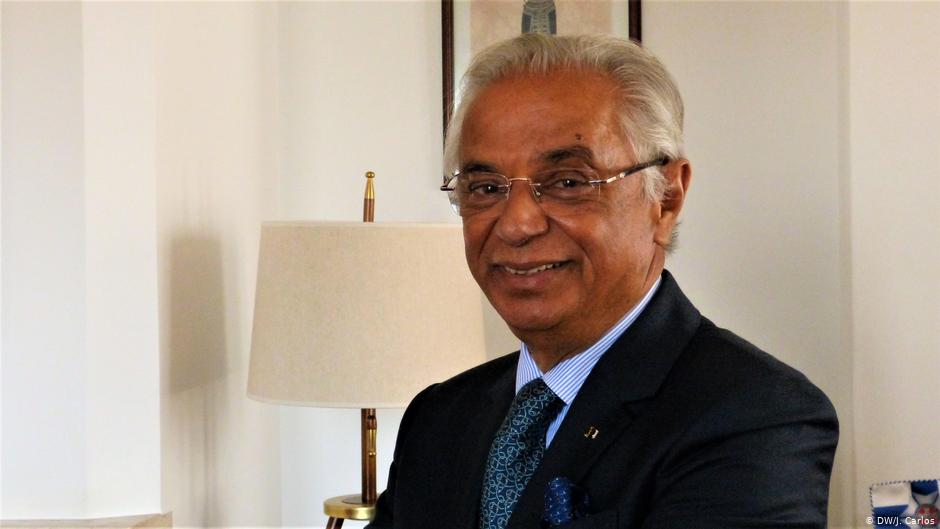
“We cannot [assume] the risk, so we are waiting for the government to give us this guarantee in order to resume our work. I am sure that Portugal [through the Camões Institute] will not fail to support us, as also will the Mozambican state, in renewing the facilities and getting the institute back in operation,” he adds.
The suspension of activities at the institute, due to the wave of violence, also affects the lives of the communities, Nazim Ahmad says. “The communities need movement there again, because, when we had students there, we also needed food there. A small [service industry] was created there within the villages. And given the present situation and all the instability, our employees are having great difficulty finding work in the area.”
Armed attacks and Covid-19
With the total destruction of the facilities, the Foundation transferred employees and placed students in other locations, including Pemba and Nampula, where they are completing their studies.
Earlier this year, an armed group attacked the village of Bilibiza, about 120 kilometres north of Pemba, the provincial capital. The attacks struck the agrarian institute, an emblematic investment which was expected to have a strong social and economic impact in the region.
The agrarian school is among several projects developed by the Aga Khan Development Network and implemented in Mozambique under an agreement signed with the Mozambican government in February 2014.
The Foundation, which supports about 300,000 families in Cabo Delgado province, is also concerned about the new coronavirus pandemic.
“Unfortunately, given the current situation, and on top of the attacks that have been taking place in northern Mozambique, the situation at Covid-19 is also a major concern for us,” Ahmad says.
The institution has proposed a partnership with the Portuguese government to produce of masks and other personal protective equipment in a factory in Mozambique, in line with the Aga Khan Development Network’s plans to develop the project throughout Mozambique.
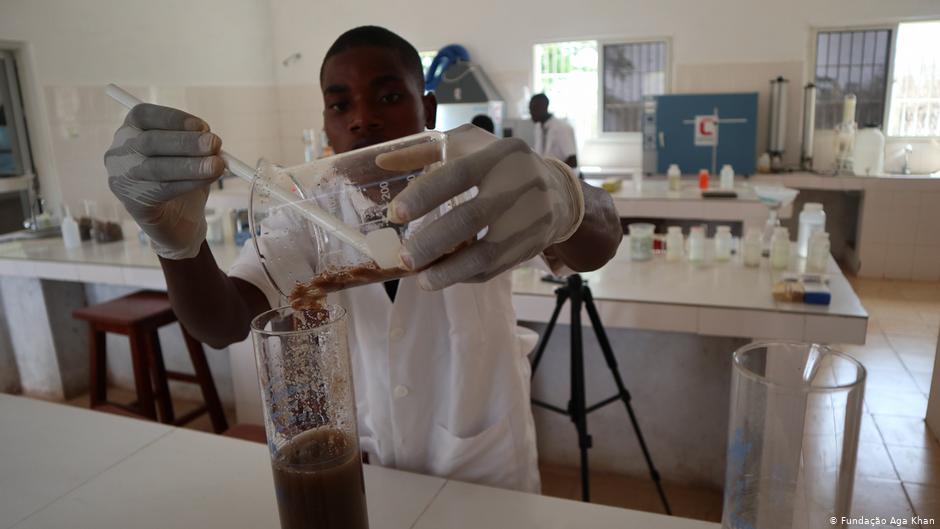
“We are, at this moment, running several projects in cooperation with the Portuguese state. We will give symbolic but important support with the delivery of protection products manufactured in one of our units in Mozambique managed by the Aga Khan Network for Development, and we are going to make a product which will be distributed from the north to south of the country,” he reveals.
Last week, ventilators and test machines arrived for the Ibo Hospital, intended to support those in the northern region who no longer have hospital care because of terrorist incursions, Nazim Ahmad told DW Africa on the sidelines of the presentation in Lisbon of the Covid-19 Action Plan coordinated between Portugal, the PALOP and Timor-Leste.
Portugal offers defence cooperation
Portuguese Foreign Minister Augusto Santos Silva expressed “total solidarity with the people of the province of Cabo Delgado”, the victims of “often barbaric attacks carried out by groups of a terrorist nature, who do not know any kind of rule.”
Speaking to the press, the minister thanked “the Mozambican state, and in particular the Defence and Security Forces of Mozambique, for protecting our countrymen and our interests”.
He offered cooperation in the area of defence to Mozambique.
“We have solid, long-standing and productive defence cooperation with Mozambique, naturally focused on two major areas: technical advice and training. And we believe that this cooperation has helped strengthen the capacities of the Mozambican state. And, fourthly, all the availability and commitment to building international support solutions for Mozambique for the defence of its territorial integrity, for the defence of its sovereignty and for the defence of its population,” he said.
Augusto Santos Silva also spoke to DW Africa about the ‘air bridge’ of humanitarian flights facilitating the return of citizens from Portuguese-speaking African countries stranded in Portugal because of the outbreak of the pandemic. These flights, already carried out by TAP to São Tomé and Cape Verde, will extend to Mozambique and collect Portuguese passengers there, and also to Angola, which has a significant number of citizens waiting to be repatriated from Lisbon.


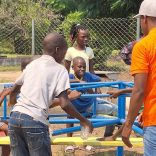
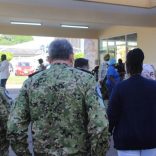

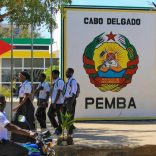
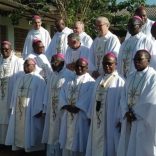






Leave a Reply
Be the First to Comment!
You must be logged in to post a comment.
You must be logged in to post a comment.